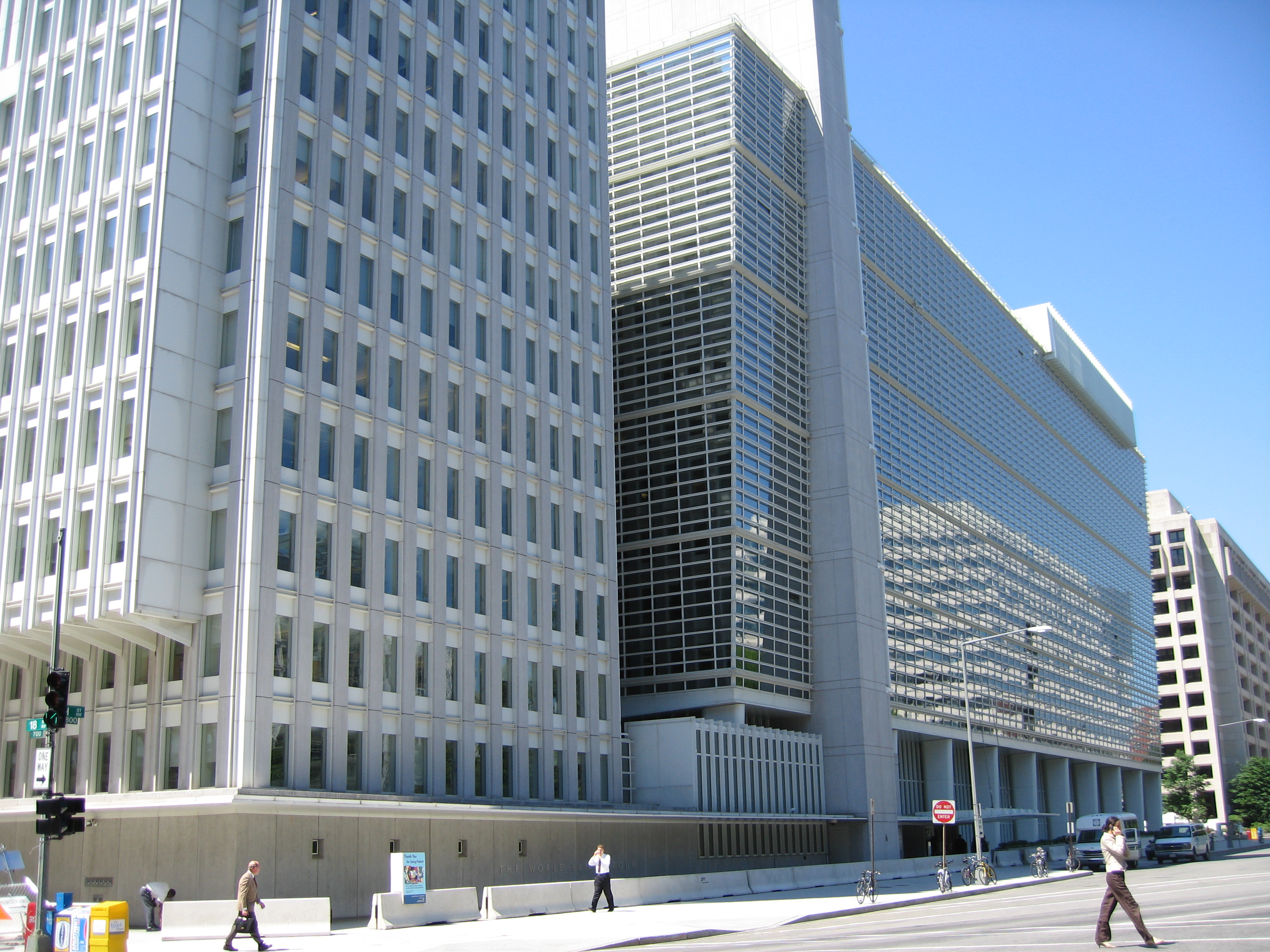Business and Economy
World Bank: Trade tensions could block path out of poverty

In a report out Tuesday, the World Bank warns that trade conflicts between major countries — specifically the United States and China — are disrupting supply chains and causing manufacturers to delay investment decisions to avoid getting caught in a trade-war crossfire. (File Photo: Shiny Things/Flickr, CC BY-NC 2.0)
WASHINGTON — Rising trade tensions are threatening to block a path out of poverty for the world’s poorest countries: their ability to manufacture low-cost parts for multinational corporations.
In a report out Tuesday, the World Bank warns that trade conflicts between major countries — specifically the United States and China — are disrupting supply chains and causing manufacturers to delay investment decisions to avoid getting caught in a trade-war crossfire.
For years, poor countries have been able to “export their way out of poverty” by feeding multinational companies with components, said World Bank economist Aaditya Mattoo, who co-directed the study.
But rising protectionism “could stymie” that progress. In a worst-case scenario, the bank says, more than 30 million people around the world could be pushed into poverty (incomes below $5.50 a day) around the world if the trade conflict worsens.
President Donald Trump has reversed decades of U.
S. support for ever-freer trade. In a drive to reduce America’s vast trade deficits, he has slapped tariffs on foreign steel and other products and pursued a trade war with China over U.S. allegations that the Chinese steal technology and pressure foreign companies to hand over trade secrets.
But the damage in trade conflicts isn’t limited to the combatants, Mattoo notes. For example, Mongolia sells metals to Chinese factories; so what hurts China, hurts Mongolia too.
The World Bank said developing countries could offset some of the damage by enacting reforms that improve efficiency — by speeding up customs processing and reducing border delays, for instance, and by modernizing ports, roads and railways.
The World Bank’s report did deliver some good news for developing countries. It downplayed the notion that new technologies such as 3D printing would reduce trade and hurt poor exporting countries. The danger for developing countries was that automation would allow rich nations to bring manufacturing home. That is because the machines would reduce the reliance on high-wage labour that had encouraged them to move factories overseas in the first place.
Instead, the bank found, “these technologies have contributed to higher productivity and larger scale of production” and have actually increased the demand for imports from developing countries.
“We’re a little bit more optimistic on the role of technology in promoting trade,” said Caroline Freund, the World Bank’s global director of trade, investment and competitiveness, who directed the study with Mattoo.





















